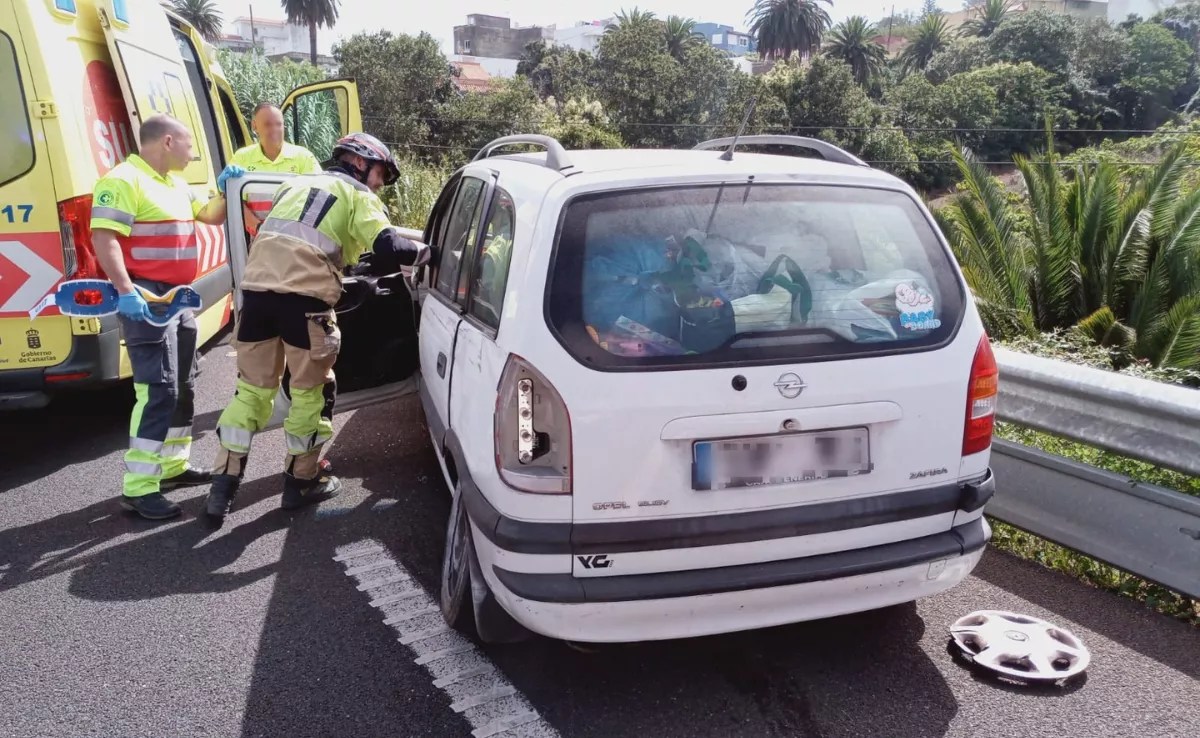The delays affecting travellers at the border checkpoint of Tenerife Sur airport have been reduced to a “temporary issue” and are “attributable to the airlines,” according to the Interior Minister, Fernando Grande-Marlaska. During a session in Congress, and in response to a question from MP Cristina Valido (Canary Coalition), he assured that his department is working with Aena and the airlines to prevent such “bottlenecks and collapses.”
Measures Implemented
Among the measures mentioned by the minister is the increase in both staff and technical resources, which includes cabins for automatic passport control. Grande-Marlaska explained that the central government will continue to implement these improvements, although he did not specify how much or when. It’s worth noting that 32 national police officers were deployed to the Tenerife South airport two months ago, and that the available machinery is not working.
A Growing Problem
Cristina Valido pointed out to the minister that the queues at passport controls, “especially at Tenerife Sur, continue and are not only present during high season.” She recalled that during May and June, this issue made headlines in some of the most important newspapers in Britain, which referred to “chaos in Tenerife,” “thousands affected,” or “inhumane treatment” of families trapped “for almost two hours in controls.” The most notable example occurred on May 28, when over 500 people were stuck at the border checkpoint for passport control due to a shortage of staff and effective technical resources.
The Same Justification
Gómez-Marlaska used the same arguments last December when, in response to a question from an MP of the Canary Coalition, he assured that “they had increased personnel” and were having discussions with Aena to avoid these episodes. “He even told me this was a temporary issue,” Valido emphasised.
Passengers overwhelm border controls at Tenerife Sur airport. / El Día
Insufficient Resources
“Even if personnel have been added, they remain insufficient,” the MP pointed out, highlighting the inaction of Aena, which is “responsible for selling slots and deciding arrivals.” Consequently, with the high season in October approaching, she asked Grande-Marlaska “what we should expect” and what “measures are being implemented.” In fact, this insufficiency was acknowledged by the representatives of the central government in Canary Islands during a meeting held on June 11 with the president of the Cabildo, Rosa Dávila; the insular vice-president, Lope Afonso; the government delegation; the National Police; and Aena.
A Little Care
Valido also requested the central government to show “the same care for commitments with the Canary Islands as they do with other territories” and referred to the Canary Agenda and the Canary Islands Statute of Autonomy to emphasise that it clearly states that Canary institutions have the right to participate in the planning and management of their airports. Valido reminded that “our airports cannot receive the same level of attention nor treatment as others” and lamented that the state continues “to misunderstand that Canary airports cannot be compared to airport infrastructures on the mainland.”
Tourism
The Interior Minister explained that the situation in the Canary Islands requires special attention due to the high number of tourists from third countries, necessitating “more significant” passport control. In the case of Tenerife Sur airport, the saturation problem at passport control is largely due to the arrival of British tourists, who now have to go through border checks following Brexit.
In this context, Fernando Gómez-Marlaska mentioned that tourism is “a substantial and important element for economic growth” in the country, defending that providing “the appropriate service is our priority.” The minister noted that in the first seven months of the year, 55 million tourists had arrived.
This Month, A Meeting
This month, the first of the periodic follow-up meetings on the issue agreed upon by the central government, Cabildo, Aena, and the National Police in June must take place. “This commitment is key to strengthening coordination and responding collectively to the operational challenges of the airport, especially as we face growing demand and a changing regulatory environment,” emphasised the president of the Cabildo of Tenerife, Rosa Dávila.
In perspective, the parties are aware that this issue precedes the impact of new European regulations regarding border control, which is expected to be implemented in the coming months. This will require all community airports to adapt their systems and procedures.















